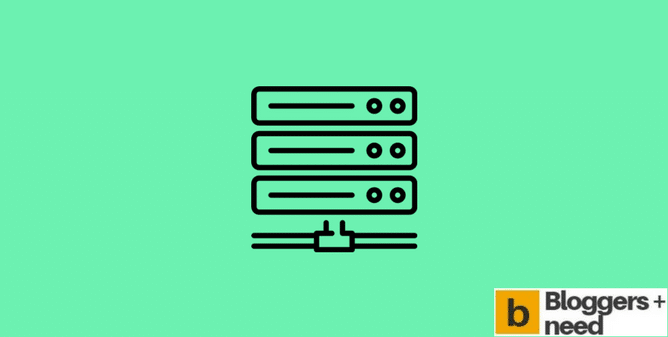
In the modern online world, having a website is practically a must—whether you’re running a small business. However, fears over expenses are common, particularly for individuals and tight-budget ventures. The bright side is that affordable hosting plans removes financial barriers, all without compromising core features for general needs.
This comprehensive post covers all the essentials to discover before purchasing low-cost hosting: the meaning of cheap hosting, advantages and drawbacks, top features to consider, and most popular budget hosting companies.
What is Cheap Web Hosting?
Budget-friendly hosting means services priced lower than market average, geared toward individuals and small businesses. Intro rates are commonly as low as just a few dollars monthly. Savings typically come from resource pooling across accounts.
Yet, despite these low fees, most providers offer generous features: free SSL certificates, and even simple WordPress setups. While enterprise-grade plans offer added power and customization, budget-focused services is ideal for new and growing sites.
Benefits of Cheap Web Hosting
Cost-effectiveness
First and foremost, budget-friendliness stands out. For a few bucks a month, you can launch and run a polished, public-facing site.
Beginner-friendly interfaces
Modern cheap hosting companies provide simple management systems, making website setup and management a breeze for anyone.
Value-packed offerings
Cheap doesn’t equal barebones! Expect domain registration discounts, site builders, and other essential add-ons.
Room to Grow
Start small and upgrade as needed.
What to Watch Out For
Shared infrastructure
With lower-tier offerings, multiple sites use the same server, so large files or demanding scripts can cause inconsistent performance.
Speed constraints
Fine for lighter loads, but struggles with demanding applications.
Help desk quality
Not all dirt-cheap providers offer quality assistance, though industry standards have improved.
Fewer Advanced Features
advanced caching are usually absent.
Key Features to Consider
Uptime Guarantee: Aim for at least stable connection rates.
Performance: Efficient servers really improve browsing experience.
Free SSL: Essential for basic site safety.
Free domain: Some hosts throw in a free domain for year one.
24/7 Support: Support at any hour is key for peace of mind.
No-code design help: Ideal if you want a visual editor.
Easy software setup: Especially for WordPress.
Top Cheap Web Hosting Providers
Check out these reputable budget hosting services based on price, quality, and features:
Hostinger Hosting Starting at: $1.99/mo Highlights: Weekly backups. Recommended for: Beginners.
Bluehost Shared Hosting Starting at: $2.95/mo Highlights: 1-year free domain. Recommended for: Growing projects.
DreamHost Starting at: $2.59 per month Highlights: Unlimited visits. Recommended for: Bloggers.
Namecheap Hosting Starting at: $1.58/mo Highlights: Unlimited bandwidth. Recommended for: Absolute beginners.
A2 Shared Hosting Starting at: $2.99/mo Highlights: Anytime money-back promise. Recommended for: Performance-focused business.
Get the Most for Your Money
Watch for huge discounts: Most providers offer hefty intro pricing. Be aware of second-term costs.
Prepay for More BloggersNeed’s best hosting deals Savings: Annual contracts lock in lower fees.
Understand plan exclusions: double-check contract details.
Review Customer Feedback: Real-world experiences highlight hidden pros/cons.
Prioritize Quality Support: Helpful agents is key for non-experts.
Ideal Users for Budget Hosting
Consider cheap hosting if you’re:
Personal blogs
Startups
Freelancers
Charitable organizations
Online beginners
If your site will be resource-intensive, look into premium plans as you grow.
Final Thoughts
Affordable web hosting options make launching a website accessible to everyone. Whether you need a blog, modern low-cost plans are feature-rich.
By matching features to your needs, you can build your online presence—with confidence and convenience.